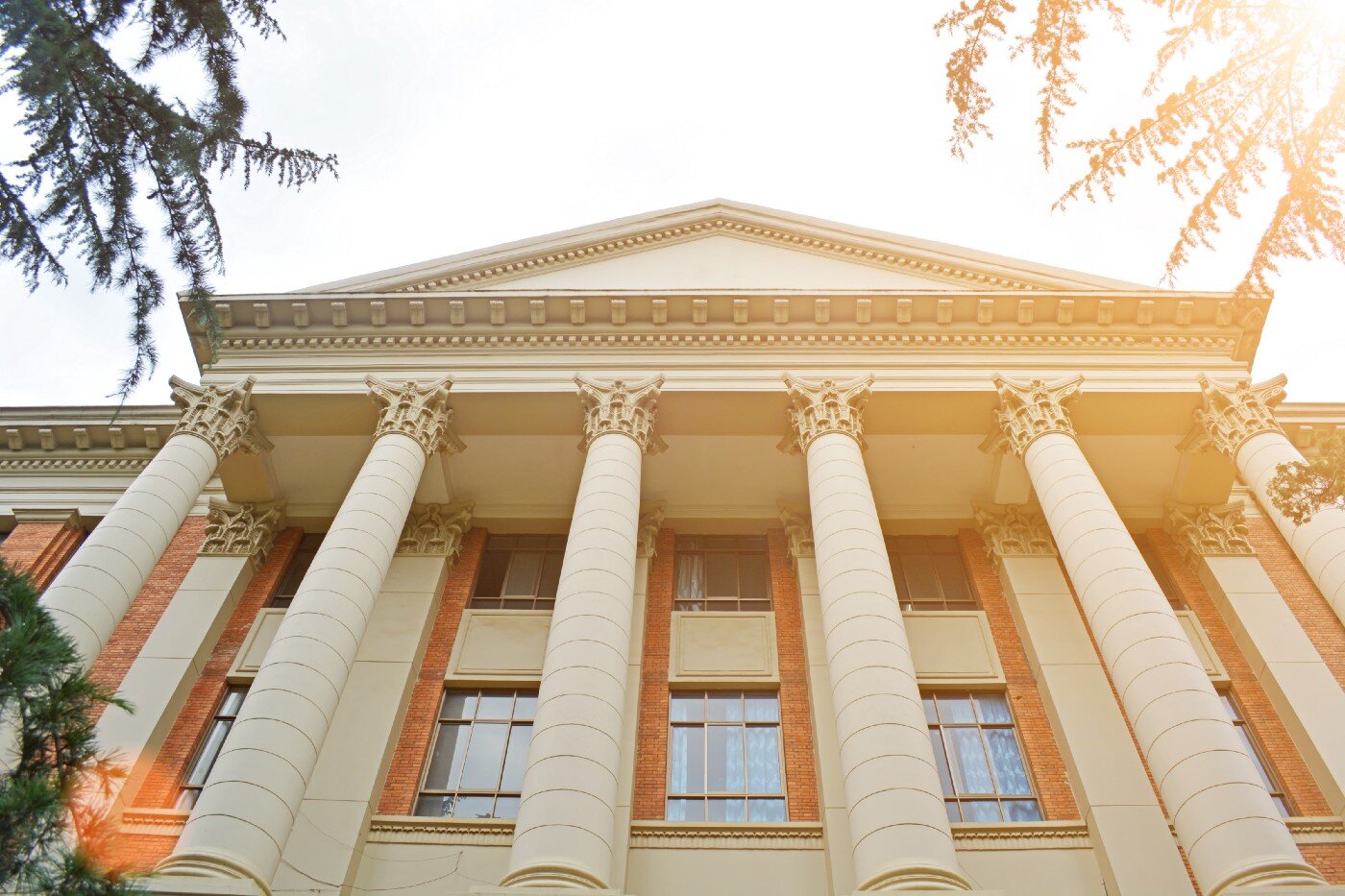Keeping one eye on media reports of protests and the pandemic, and the other one on my summer course prep.. this pretty much sums up the rhythm of daily existence this past week. Whatever attention I have paid to the state of the art world has likewise been informed by these two modalities. My round up pretty much reflects this, and it is peppered with calls for reform—whether it be from within the academy and the need to address systemic racism at the level of university instruction (and interpersonal relationships with students and faculty), or to describing why the removal of particularly charged art monuments is happening globally, and furthering conversations around the impact the Black Lives Matter movement is having on questions of urban planning and policing. On that final note, I am so glad that there has finally been some serious critical attention paid to reality TV shows like Cops (canceled this week) and the popular culture landscape that has exacerbated the racial injustice and stereotypes that persist in film and television portrayals of POC. I am continuing to listen, learn, and act wherever I can.
A few more things… before the round up
Spike Lee’s latest film Da 5 Bloods has just been released on Netflix, can’t wait to see it, and if you still haven’t seen Do The Right Thing or She’s Gotta Have It, put them both on your movies must-see list ASAP.
For those living more local, the Vancouver Art Gallery is reopening this week and will be featuring an installation work by new media artist Matilda Aslizadeh. Aslizadeh’s installations are incredible and utilize cutting edge video technologies to produce immersive environments. Titled Moly and Kassandra (2018), the work is described by the VAG as addressing “the relationship between culture and resource extraction through the juxtaposition of economic statistics, divinations of the future and images of immense holes in the earth.”
Finally, it was my pleasure to work on the essay "Slow Photography" examining artist Sylvia Grace Borda's practice and the way her approach— spanning photography, filmmaking, installation, public art, and architecture— both extends and subverts elements of the "Vancouver School" traditions and legacies that have shaped her training and conceptual concerns. The newly published monograph Sylvia Grace Borda: Shifting Perspectives is an important and necessary addition to the histories of photography, new media art, photo-conceptual art, and Canadian contemporary art. I am very honoured to be part of this book project for many reasons (not least of which is having my work published alongside photographic historian Liz Wells) and I thank Sylvia for this opportunity.












